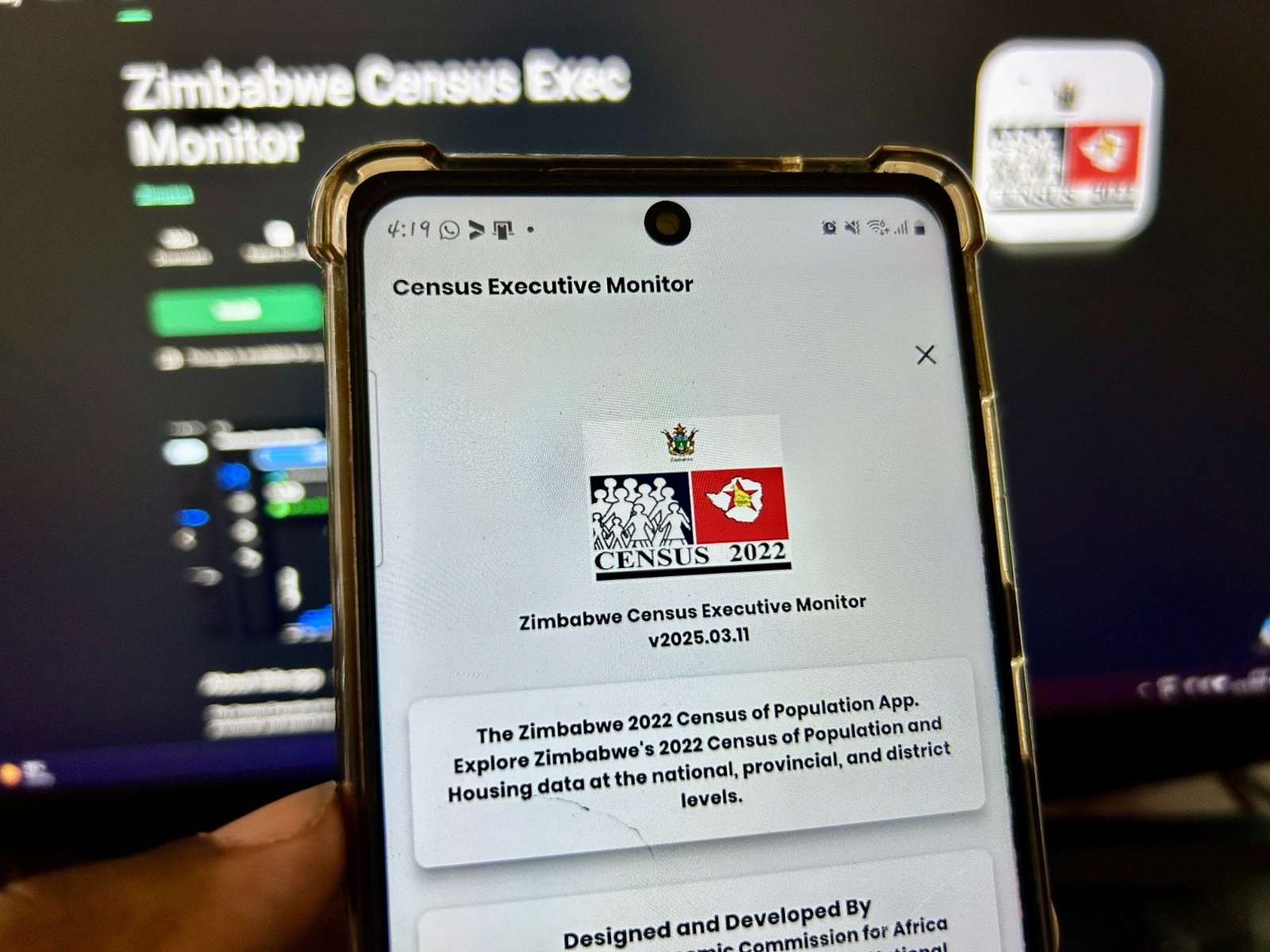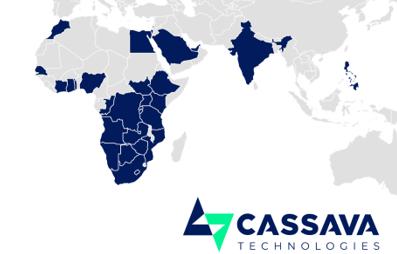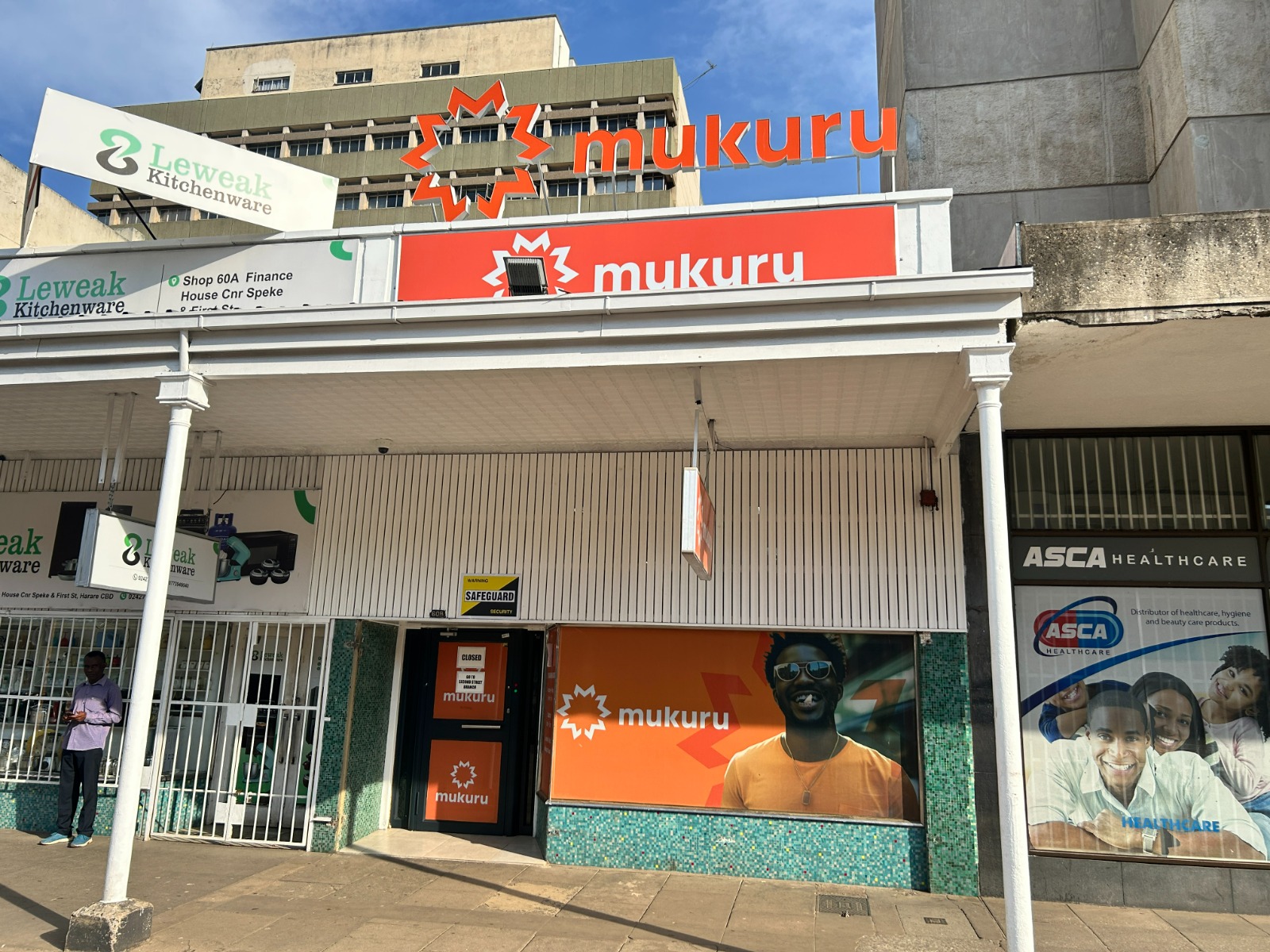Elon Musk, has acknowledged the Starlink capacity issue in Africa and has offered some reassurance that Starlink is actively working to expand its network capacity.
Currently, Starlink is now sold out in Harare, Lusaka, Nairobi, Abuja, Lagos, Port Harcourt, and Accra due to high demand for the internet service. The overwhelming demand for the service in urban areas, has exceeded the current network capacity.
Where, previously, Starlink would show these places as “Expanding in 2025” it’s now showing them as just “Sold Out”. This has worried Africans in these cities who had not subscribed to the service.
“Sold Out” in the context of Starlink means a complete halt to new Residential subscriptions in these areas. Only those buying business packages can subscribe, and even then, they have to go through local Authorised Resellers who are charging more than Starlink charges when you buy directly from its website.
However, Elon Musk himself acknowledged the issue, tweeting:
Starlink is working to increase Internet capacity in dense urban areas in Africa as fast as possible. Please note that there is still significant capacity outside of city centers.

The reassurance is great because it shows that even at the very top of the organisation, the high demand situation is known and will probably get some priority. Without a date however, it’s still hard to know how quickly Starlink will solve this.
Besides the company is working hard to expand Starlink to countries that don’t have it at all yet.
Built for sparsely populated areas
Starlink’s popularity in African capital cities seems to have caught the company by surprise. Starlink has admitted that its satellite technology was meant for sparsely rural populated areas where other technologies such as Fibre, LTE and WiMax have found it uneconomical to reach.
In African however, owing to very high internet prices by incumbent providers, a large number of city dwellers have bought Starlink quickly fill up all capacity on the network.
Starlink entry level package for unlimited internet is $30 a month, significantly lower than there ~$150 a month that incumbents were charging.
Fortunately, the Starlink competition has resulted in operators revising their prices downward to keep their customers from going to Starlink. Several operators in Zimbabwe, Econet, Powertel, and Utande have all introduced cheaper packages.














Comments
18 responses
Still with my good pal telone.
Good man, stay in the slow lane and enjoy the bliss that ignorance is.
Hahahahaha
Ignorance certainly is bliss unless they can’t switch to Starlink for reasons beyond their control
Telone is not prepared to lower their unlimited packages to reasonable prices.
Still offering 25Gig Day + 25Gig night 🌙 , valid for 15Days.
For USD10
At pathetic speeds also
Internet companies such as econet liquid and utande have joined in a cabal to exploit the weakness of their clients and mercilessly pricegouge them. GOOD RIDDANCE
GOOD RIDDANCE!!!!
Econet is like that rich ex who made it hard for you to go back to because of her opulence and pricy lifestyle !
The rich ex is supposed to be better. Econet isn’t
Competition in a free market always fix the high price problem as well as the inferior service problem!
VIVA STARLINK!
VIVA!!!!
I have been using Starlink residential since the official launch in Zimbabwe. Having owned a transferable kit for long enough. For rural at speeds above 130 Mbps at 30 bucks per month I always pinch myself to check if I am not dreaming.
You and me both. To see speeds of 80Mbps+ during peak hours is something I only ever dreamed of, for 30 to 50 bucks also.
I need starlink
I feel your pain friend.
Why no Starlink in South Africa?
Is it because the ANC wants a 30% equity stake free of charge?